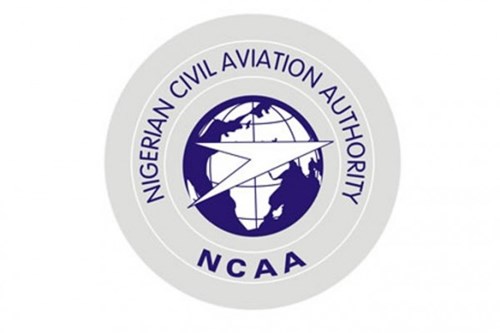Air Peace, a prominent Nigerian airline, has found itself at the center of a public discourse regarding flight disruptions, prompting a response from both the airline and the Nigerian Civil Aviation Authority (NCAA). The NCAA issued a warning to Air Peace, urging the airline to improve its domestic operations following numerous complaints from passengers regarding chronic flight delays and cancellations. The regulatory body emphasized the importance of adhering to established regulatory standards and global best practices, suggesting that Air Peace align its operations with its available aircraft. This implied that the airline might be scheduling more flights than it could realistically handle with its current fleet.
Air Peace responded to the NCAA’s concerns with a robust defense of its operational practices. The airline vehemently denied any intentional disruption of flights, asserting that safety remains its paramount concern. Air Peace underscored that every decision regarding delays or cancellations is driven by safety considerations, prioritizing the well-being of passengers above all else. The airline maintained that it would not hesitate to cancel or delay a flight if weather conditions, technical issues, or operational standards posed any safety risks. This unwavering commitment to safety, according to Air Peace, is non-negotiable, even if it results in financial losses for the company.
Contrary to the NCAA’s suggestion, Air Peace clarified that it possesses a sufficient number of aircraft to handle its scheduled flights, even exceeding the daily operational requirements. The airline emphasized that fleet shortage is not the root cause of the delays and cancellations. Instead, Air Peace attributed these disruptions to factors beyond its control, implying external circumstances such as unforeseen weather events or technical difficulties. The airline reiterated that these decisions, while inconvenient for passengers, are ultimately made to ensure their safety.
Air Peace further elaborated on the financial implications of flight disruptions, emphasizing that the airline often incurs significant losses when flights are delayed or cancelled. This underscores the airline’s commitment to passenger safety, as it prioritizes these considerations over potential profits. Air Peace reiterated its dedication to upholding the highest safety standards, even if it means making difficult decisions that result in financial setbacks. The airline’s message is clear: safety is not a commodity to be traded for convenience, comfort, speed, or profit.
The core issue at hand revolves around the balance between maintaining operational efficiency and ensuring passenger safety. While the NCAA emphasizes the importance of adhering to schedules and minimizing disruptions, Air Peace contends that safety must be the overriding priority, even if it necessitates delays or cancellations. This tension highlights the complex interplay between regulatory oversight and operational realities within the aviation industry.
Ultimately, the situation underscores the critical importance of open communication and collaboration between airlines and regulatory bodies. A transparent and constructive dialogue is essential to ensure that both passenger safety and operational efficiency are addressed effectively. Finding a common ground that prioritizes safety while minimizing disruptions remains a key challenge for the aviation industry in Nigeria and beyond. The ongoing dialogue between Air Peace and the NCAA serves as a crucial example of the complexities involved in navigating these challenges.














